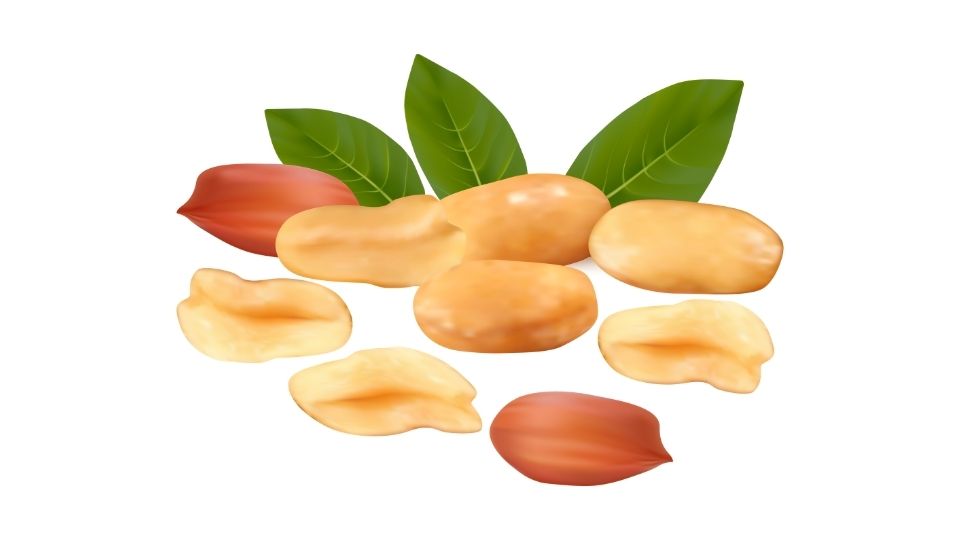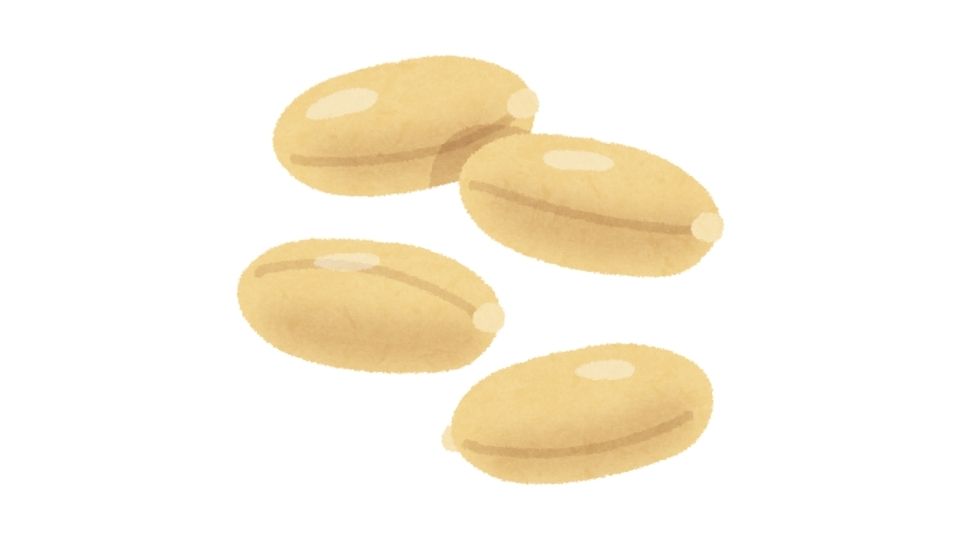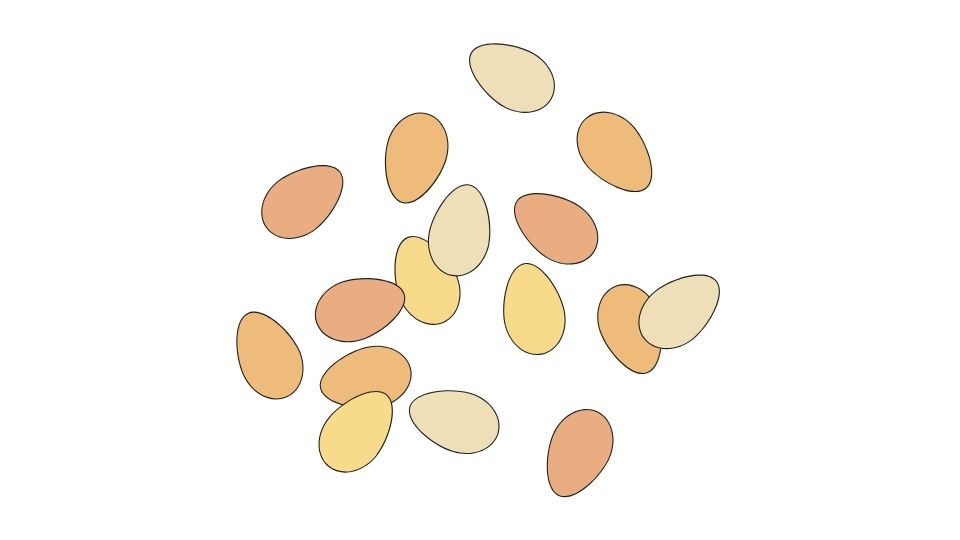Is Protein Powder Made from Soy? Pros and Cons Explained

Soy protein powder is basically ground-up soybeans that have been processed to concentrate all the protein goodness while removing most of the fats and carbs. If you’re looking for a plant-based protein option that packs a serious punch, soy might be your new best friend.
But what exactly is this stuff, how’s it made, and should you actually be putting it in your smoothie? Let’s find out.
Soy Protein Powder: What’s the Deal?
When you’re walking down the supplement aisle and see those containers of soy protein, you’re looking at the end result of some pretty impressive food science.
There are two main types you’ll run into:
Soy Protein Isolate vs Concentrate: What’s the Difference?

Soy protein isolate is the heavy hitter – it’s about 90-95% pure protein. That means almost zero fat and barely any carbs. It’s what you get when you take soybeans and wash the living daylights out of them with either water or alcohol to remove pretty much everything except the protein.
Soy protein concentrate is the slightly less processed cousin, coming in at around 70% protein. It keeps more of the original fiber and carbs from the soybean, which some people prefer for digestive health.
Both types give you a complete protein – meaning they contain all nine essential amino acids your body needs but can’t make on its own. That’s pretty rare in the plant world!
The Nutritional Lowdown
A single scoop (about 28 grams) typically delivers:
- 23-25 grams of protein (that’s comparable to whey!)
- Almost no fat (especially in isolate form)
- Minimal carbs
- Zero cholesterol
- Zero lactose (hello, dairy-free friends!)
Plus, soy protein is naturally rich in iron and many brands fortify it with calcium and vitamins to make it even more nutritious.
Oh, and it contains these compounds called isoflavones – little plant chemicals that have some pretty interesting health effects (more on that in a bit).
Health Benefits That Actually Matter

Let’s cut through the marketing hype and talk about what soy protein powder can really do for you.
Muscle Support (Yes, Even for the Gym Bros)
While whey protein gets all the glory in bodybuilding circles, research shows that soy protein effectively supports muscle growth and recovery. The difference isn’t nearly as dramatic as supplement companies want you to believe.
Soy protein is especially great for:
- Supporting post-workout recovery
- Helping build lean muscle mass
- Keeping you feeling full longer (great for weight management)
Heart Health Benefits That Are Actually Legit
This is where soy really shines. Soy protein has been shown to:
- Lower LDL (the “bad”) cholesterol
- Reduce triglycerides
- Support overall cardiovascular health
The effect is strong enough that even the American Heart Association recognizes soy protein as heart-healthy. Not too shabby for a little bean!
Cancer Risk Reduction (With Some Caveats)
Some studies suggest the isoflavones and antioxidants in soy may help lower your risk of certain cancers, including breast and prostate cancer. But (big but here), the research is still ongoing.
What we do know is that populations that consume soy regularly tend to have lower rates of these cancers. Correlation doesn’t equal causation, but it’s interesting!
Other Cool Benefits
- Bone health support – especially helpful for women after menopause
- Blood sugar regulation – potentially helpful for managing diabetes
- Digestive health – particularly the concentrate form with its extra fiber
How Do They Actually Make This Stuff?
Ever wondered how soybeans become that powder in your shaker cup? Here’s the simplified version:
- Start with whole soybeans
- Remove the hulls (the outer shell)
- Grind them into flakes
- Extract the oil (defatting)
- Wash with water or alcohol to remove carbs and concentrate the protein
- Dry it all into a fine powder
The method they use (water vs. alcohol wash) affects the flavor and how many isoflavones remain in the final product.
Practical Ways to Use Soy Protein

Soy protein is super versatile – you don’t just have to chug it as a shake.
Easy ways to use it:
- Mix into smoothies (obviously)
- Add to pancake or waffle batter for protein-packed breakfast
- Stir into oatmeal for a protein boost
- Blend into homemade energy balls
- Use in baking (protein muffins anyone?)
Many commercial options are Non-GMO certified and free from artificial ingredients, making them a clean protein source for those worried about what’s in their supplements.
The Elephant in the Room: Potential Concerns
Let’s address some of the worries people have about soy:
“Doesn’t Soy Mess With Your Hormones?”
The big controversy around soy revolves around those isoflavones I mentioned earlier. They have a structure similar to estrogen, which has led to concerns about hormonal effects.
The science says: Moderate consumption of soy protein is safe for most people, including men. The “feminizing” effect that some people worry about hasn’t been supported by quality research at normal consumption levels.
Other Things to Keep in Mind
- Allergies: Soy is one of the “big eight” allergens, so obviously avoid it if you’re allergic
- Digestive issues: Some people get gassy or bloated from soy (start with small amounts!)
- Medication interactions: If you’re on thyroid meds or blood sugar medication, check with your doctor
Why Choose Soy Over Other Proteins?

Soy protein has some unique advantages:
- It’s a complete protein (unlike many other plant proteins)
- Often cheaper than whey and other animal proteins
- Has those bonus health benefits beyond just the protein content
- Environmentally friendly compared to animal-based proteins
- Widely available almost everywhere
For vegetarians, vegans, or anyone looking to diversify their protein sources, soy is a solid option with science to back it up.
The Bottom Line
Soy protein powder is a high-quality, complete protein derived from soybeans that supports muscle health, heart health, and potentially much more. Whether you choose isolate (higher protein, lower carb) or concentrate (slightly less protein, more fiber), you’re getting a versatile supplement that can fit into almost any diet plan.
If you’ve been protein-curious but hesitant about soy because of something you read on a bodybuilding forum in 2012, it might be time to give this plant-powered protein another look.
The science says it’s safe for most people, effective for fitness goals, and may offer some impressive health perks that other proteins can’t match. Not bad for something that starts as a humble bean!
Oh, and if you’re wondering about flavor – many modern soy protein powders taste WAY better than the chalky, beany options from years past. Some newer formulations use improved processing techniques that significantly improve taste and mixability.

